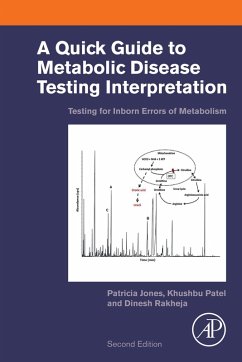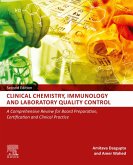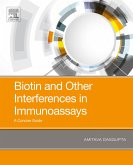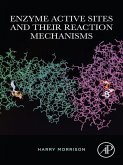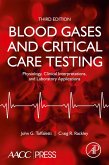Accurate interpretation of the organic acid chromatographs obtained from the gas chromatography/mass spectrometry requires a significant amount of practice. Pattern recognition is an important factor and a skill that is gained through time and effort.
A Quick Guide to Metabolic Disease Testing Interpretation, Second Edition, provides these example chromatographs demonstrating specific disease-related metabolites for the inborn error of metabolism diagnosed via this method. One or more representative chromatographs from each of the common disorders is presented, with the important compounds noted on the chromatographs. This is a must-have for laboratory and medical professionals who interpret testing for the diagnosis and monitoring of IEM.
- Includes pathway diagrams and representative compound scans of important diagnostic compounds
- Provides illustrative chromatographs from selected disorders to aid in diagnosing common inborn errors of metabolism
- Highlights brief descriptions of the etiology and clinical presentation of each presented disorder
Dieser Download kann aus rechtlichen Gründen nur mit Rechnungsadresse in A, B, BG, CY, CZ, D, DK, EW, E, FIN, F, GR, HR, H, IRL, I, LT, L, LR, M, NL, PL, P, R, S, SLO, SK ausgeliefert werden.

